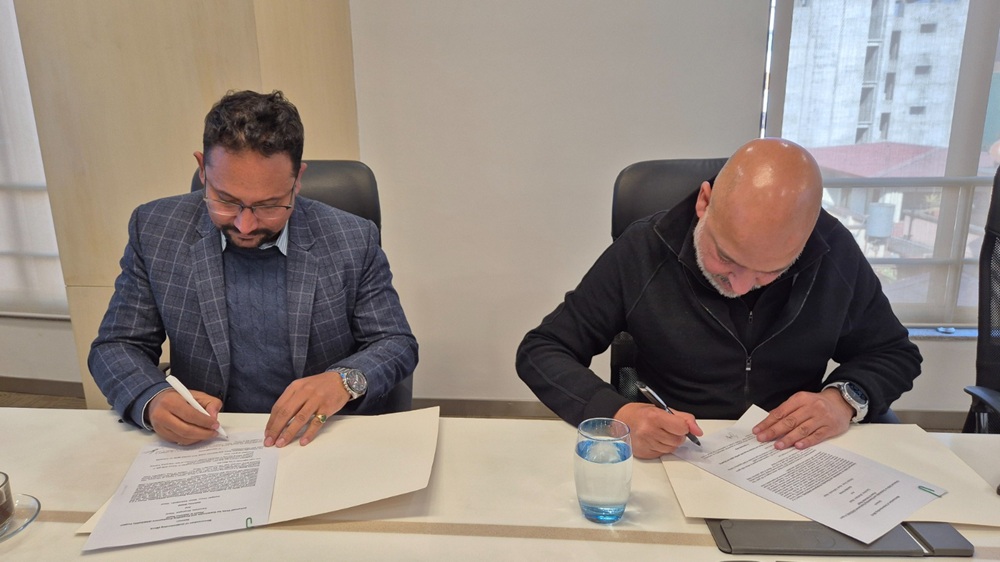
Issuing a press statement, A Memorandum of Understanding (MoU) was signed between Shekhar Golchha, Chairman and Managing Director of Golchha Group, and Rabindra Bahadur Singh, Team Leader of the ENSSURE project.
According to the statement, the MoU outlines commitments from both parties to train apprentices in fields like automobile engineering, mechanical engineering, and information technology, promote lifelong learning through Skills Upgrading Training (SUT) for employees, incorporate green skills into training curriculum, and ensure workplace safety and occupational health standards in Golchha Group industries.
This partnership under the ENSSURE project, a bilateral initiative of the Governments of Nepal and Switzerland, focuses on implementing the dual VET-Apprenticeship model. This model blends theoretical knowledge acquired in technical schools with practical training in industries under the supervision of in-company trainers. Upon completion, apprentices will receive a pre-diploma certification from CTEVT.
"The dual VET-Apprenticeship model is a win-win-win for workforce development. Young people gain industry networks, earn while they learn and obtain a recognised qualification. Employers benefit from a net-cost benefit during the apprenticeship period, ultimately increasing productivity through a more skilled workforce. For the government, this model is cheaper, requiring less investment in labs and machinery compared to institution-based TVET courses, while producing more market-relevant graduates," reads the statement.
Shekhar Golchha, Chairman and Managing Director of Golchha Group, expressed his enthusiasm, stating: “This collaboration represents our commitment to empowering Nepalese youth with the skills needed to thrive in today’s competitive job market.”
Rabindra Bahadur Singh, Team Leader of ENSSURE, stated: “This collaboration with Golchha Group is a milestone in Nepal’s journey towards a skilled workforce. By integrating industry needs into vocational training, we ensure that apprentices not only gain employment and reduce skill gap, but also contribute to the country’s economic progress.”